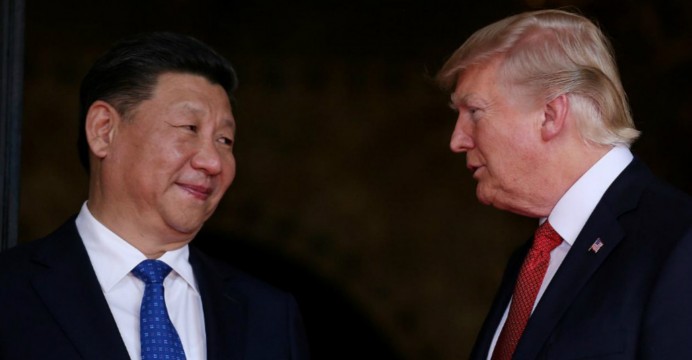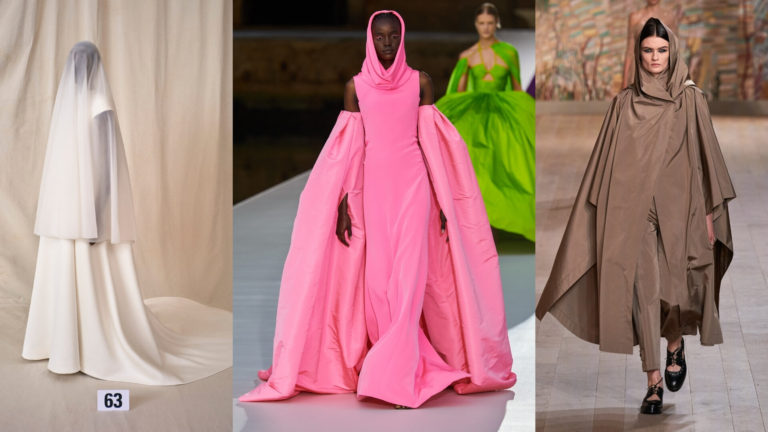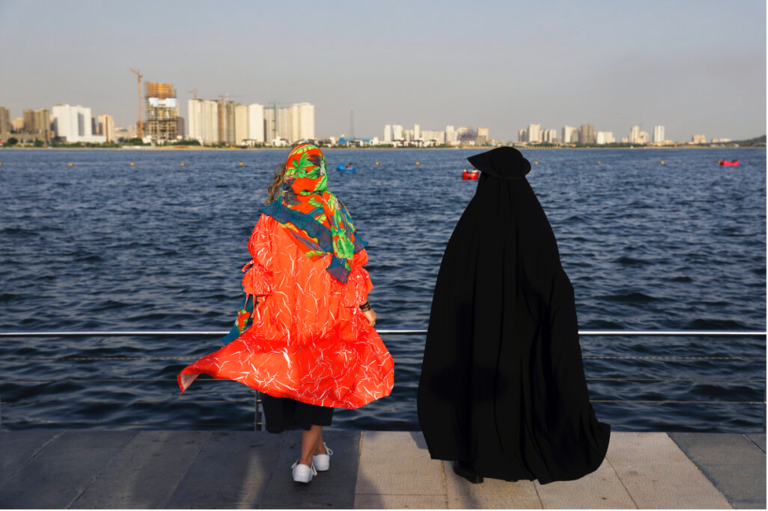
In late 2018, China began to experience rising criticism from the international community for its internment of certain Muslim minorities in the region of Xinjiang. In particular, China seems to be detaining the Uighurs, who are an ethnic minority of China concentrated in Xinjiang and are primarily Muslim. Within Xinjiang, surveillance and policing is rampant to prevent any separatist action, as China claims that the Uighurs could have ties to Al-Qaeda and Islamic extremists in Afghanistan.
Almost a million Uighurs have been taken from their homes and lives to be placed into what are being defined as “re-education camps,” as a further preventative measure against Uighur extremist action. After receiving mounting international pressure for their mistreatment of the Uighur people, China claimed that they had drastically decreased the number of “re-education” camps and that conditions were improving for Uighurs in Xinjiang. However, new satellite images from September show that there are nearly 400 internment camps throughout the Xinjiang region, with at least 14 more still under construction.
Reports of life in these camps indicate that the Uighurs, who have their own language, are being forced to learn Mandarin in order to better fit in with a Chinese society, and that they are being handcuffed to their beds. Even more alarming still are the reports of forced sterilization of Uighur women to suppress their population, as the Chinese government forced or bullied women into receiving IUDs or sterilization surgeries.
Both U.K. Foreign Secretary Dominic Raab and U.S. Secretary of State Mike Pompeo have condemned what they believe to be exaggerations of the threat Uighurs pose to Chinese society and the “gross and egregious human rights abuses” that they are enduring under the Chinese government. The Chinese government has, of course, denied all allegations of any sort of abuse, and until recently denied the existence of any camps at all, despite international reaction.
Recently, Disney released their live-action remake of Mulan on its Disney+ streaming service, sparking much political conversation over Asian representation in Hollywood and lead actress Liu Yifei’s support of the Hong Kong police. Causing more backlash, however, is the recent revelation that Disney filmed parts of the movie in Xinjiang and even specially thanked the Xinjiang authorities in the credits. Among the authorities thanked were the Turpan Public Security Bureau, who have been specifically placed on a blacklist by the U.S. government for their alleged human rights abuses that prohibits companies from selling or supplying products to them.
By filming Mulan in Xinjiang, and thanking the government for being able to film there, Disney creates a tacit endorsement of Xinjiang’s internment of the Uighur people in one of their biggest films of the year. Disney, a behemoth of a company with immense global reach and power, could have filmed anywhere in the world but chose to film in the region of one of the “worst collective human rights abuses in decades,” essentially making them complicit in the mass incarceration and genocide of the Uighur people.
Many people have called for a boycott of the film, for both Yifei’s views on the Hong Kong police and Disney’s unspoken affirmation of the internment of Muslims. Many now equate watching the film to being complicit in violations of human rights, as Disney was by choosing to film there. Members of Congress have even sent a bipartisan letter to the Walt Disney Company inquiring about the specificities of Mulan’s filming in Xinjiang and Disney’s cooperation with the Xinjiang authorities, while Disney’s Chief Financial Officer has acknowledged that filming in Xinjiang has caused “issues” for the company.
Disney continues to insist that filming in Xinjiang was vital to the “realism” of the film, in order to highlight the film’s location along the Silk Road, but realism should not come at the cost of the rights of people. Mistreatment and suppression of the Uighurs was public knowledge by the time that Disney began filming on Mulan in Xinjiang, so doing so just to promote realism is actively ignoring the rights of real people who are really being mistreated by the authorities that Disney felt it so appropriate to thank. Disney’s 2020 rendition of Mulan had many flaws, but this is its most fatal.
Right now Disney’s solution seems to be making excuses, but a true acknowledgement and a formal apology has yet to be made. The damage has already been done, as they’ve already filmed the movie and released it with the special thanks to Xinjiang, but an apology would at least be a step in the right direction.
After that, the best next step for Disney has come at the suggestion of the Human Rights Foundation, who in a letter to Disney Chief Executive Officer Bob Chapek formally asked that they “condemn the grave human rights abuses in Xinjiang and Hong Kong, and consider donating a portion of Mulan’s proceeds to organizations supporting human rights in these regions.” Disney has yet to respond, but it seems like the best course of action.



